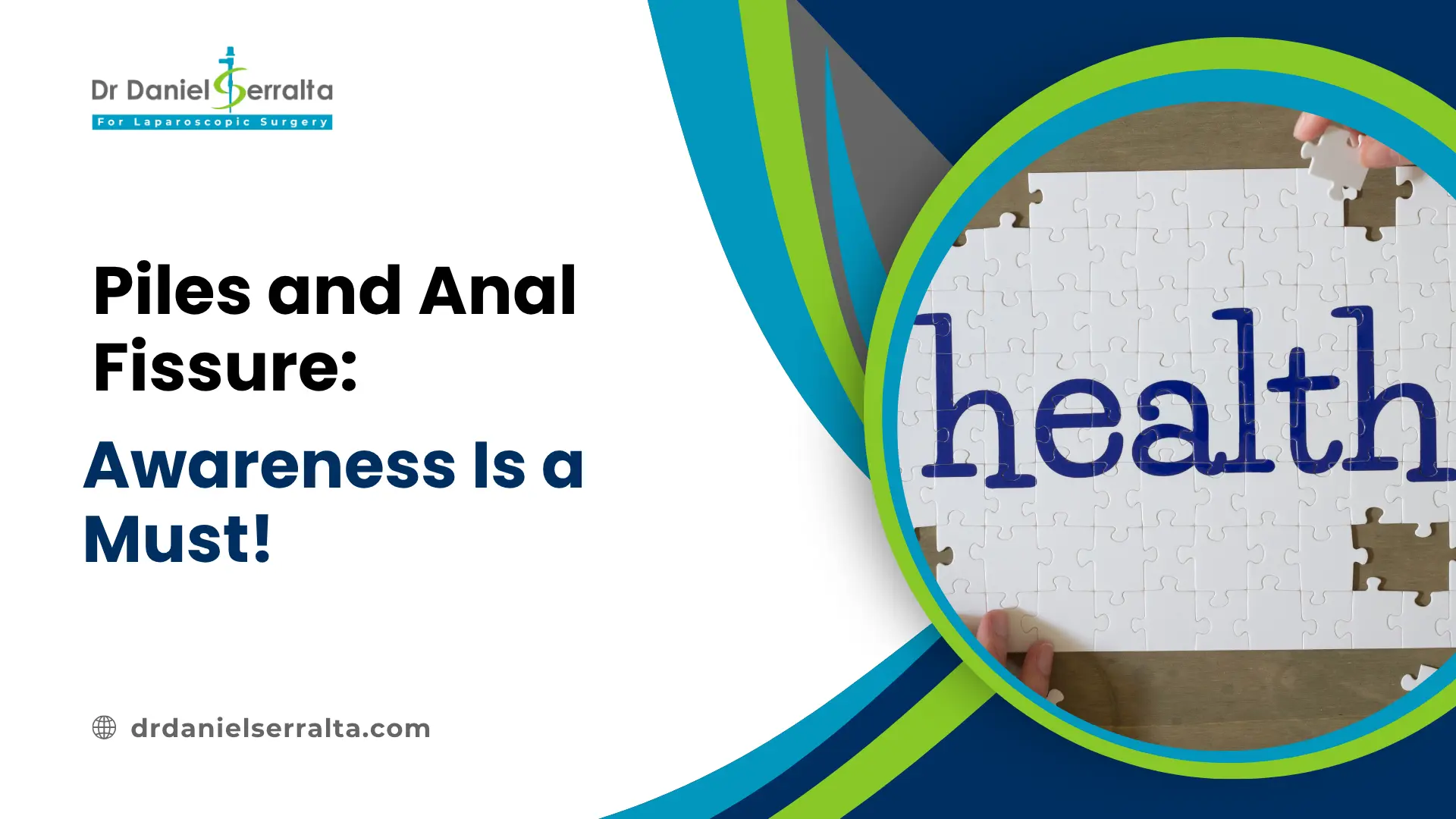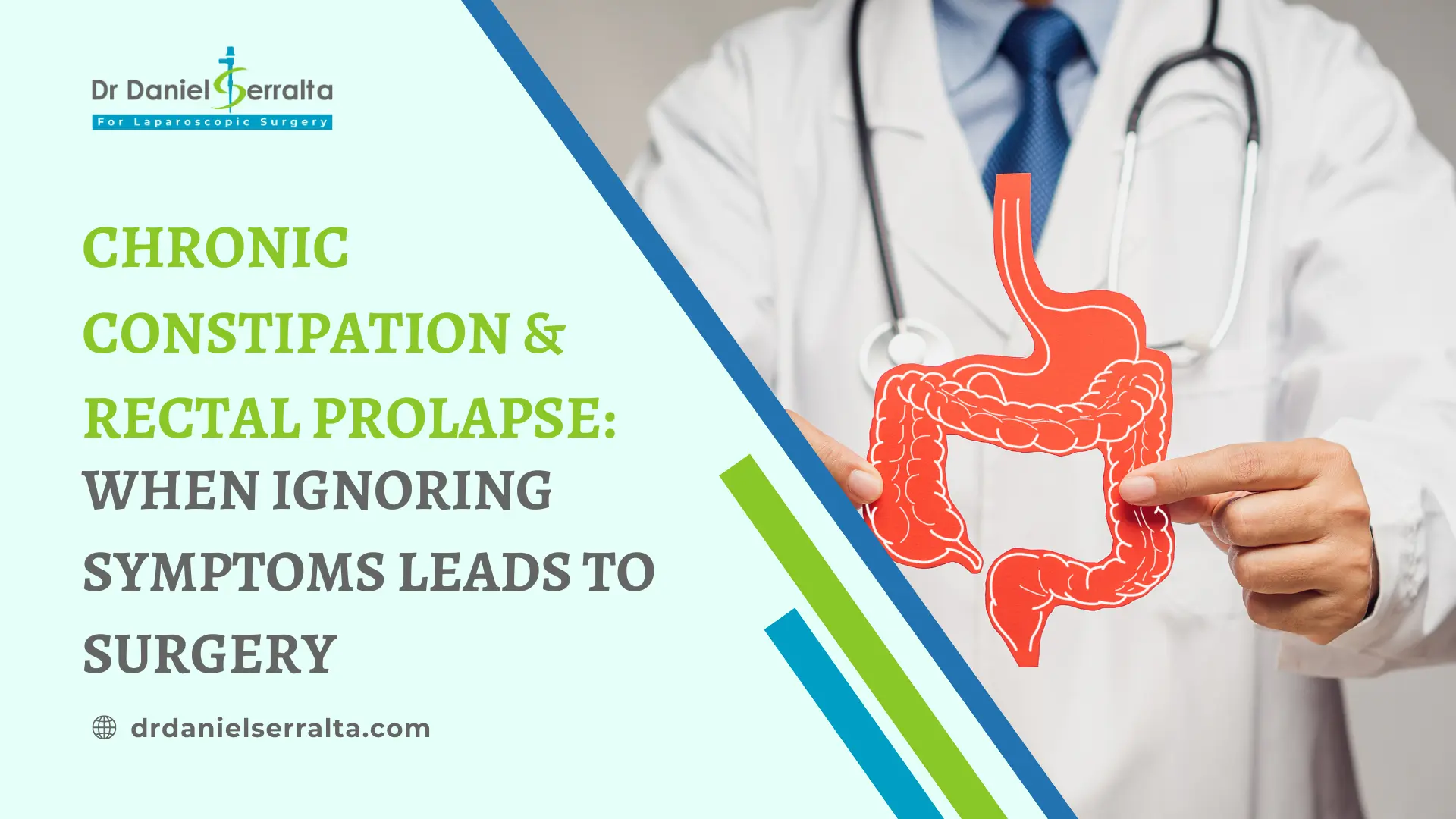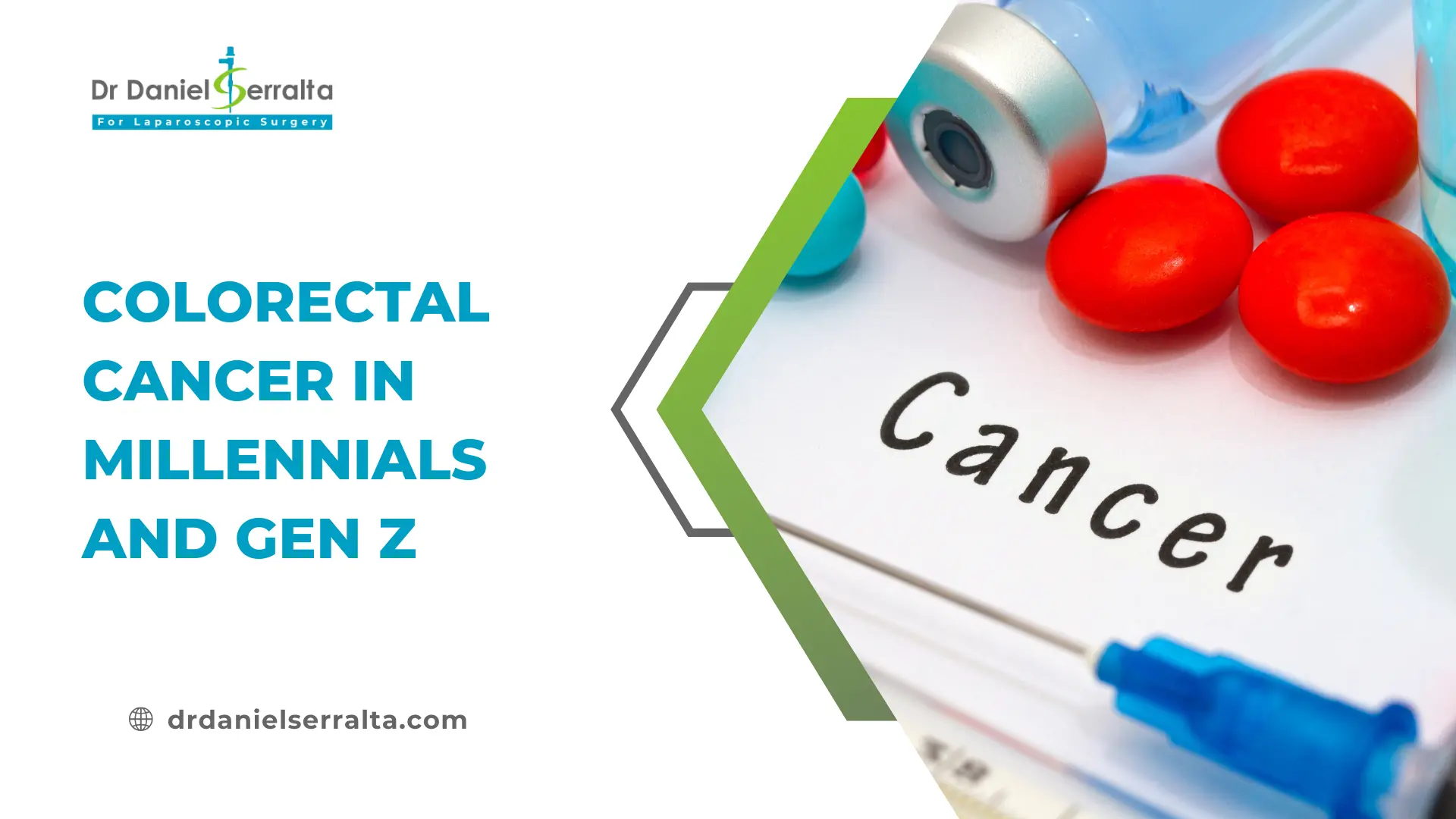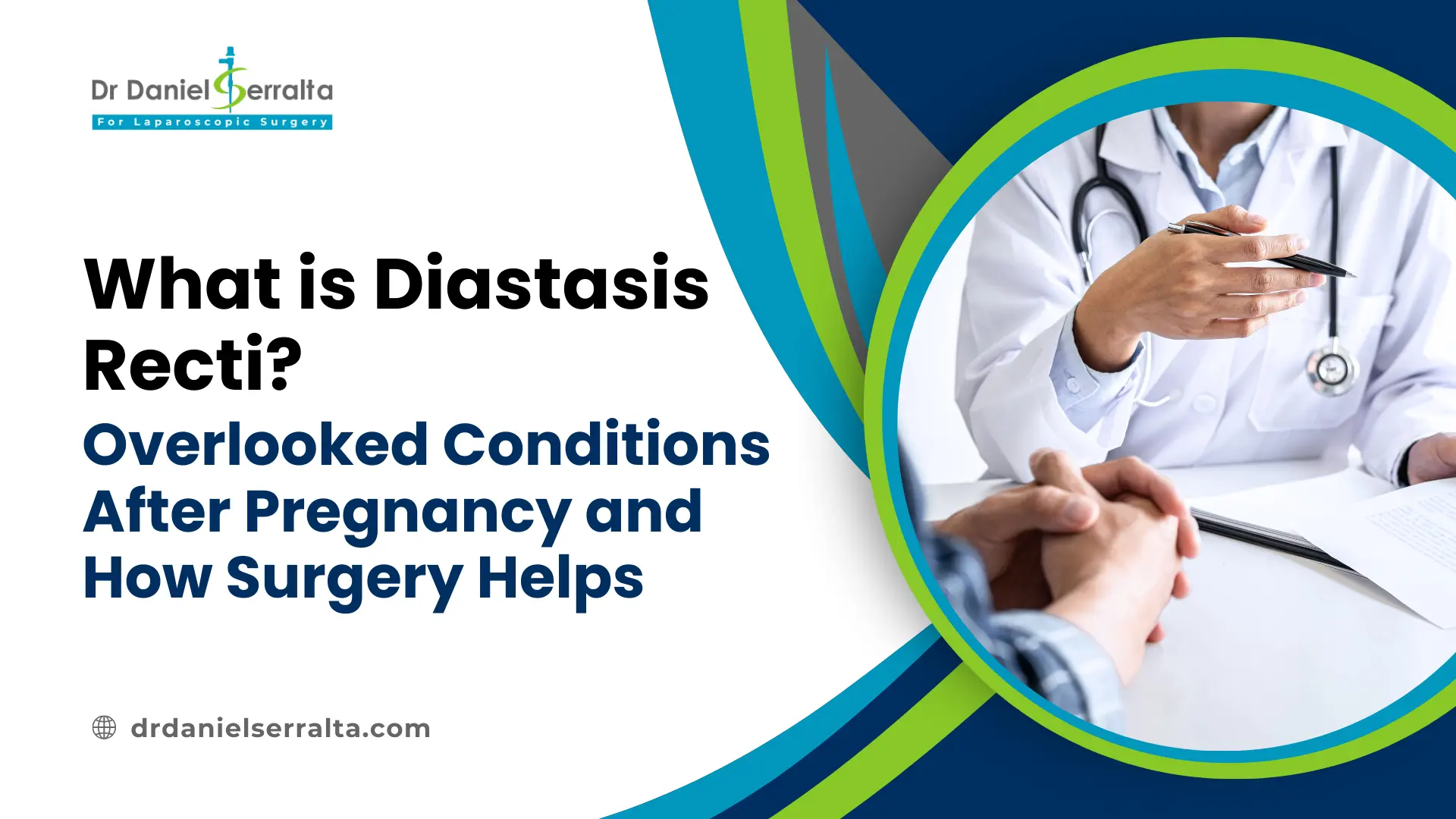Piles and Anal Fissure: Awareness Is a Must!

In Dubai’s fast-paced urban life, many individuals silently suffer from piles and anal fissure without understanding their cause or seeking timely help. These common anorectal issues often go unaddressed due to stigma or embarrassment. However, early awareness can help prevent discomfort, complications, and unnecessary anxiety.
Let’s explore what these conditions are, how Piles and Anal Fissure differ, what symptoms to watch for, and how effective treatments in Dubai can offer long-term relief.
What Are Piles?
Piles, also called hemorrhoids, are swollen blood vessels inside or around the anus. They may occur internally within the anal canal or externally under the skin surrounding the anus. These swollen veins can cause pain, bleeding, itching, or lumps.
There are four grades of piles based on severity. In Grade I, internal piles may bleed but don’t protrude. By Grade IV, they remain permanently prolapsed and will require surgical treatment. In Dubai, this condition is seen increasingly due to sedentary jobs, poor diet, and insufficient fiber intake.
Identifying piles symptoms early is key. Common signs include:
- Bleeding during bowel movements
- Itching or irritation around the anus
- Pain or discomfort when sitting
- Swelling or a lump near the anus
Though these symptoms can be mild, untreated piles may worsen over time. Fortunately, various Piles Treatment in Dubai options are available, depending on the severity.
What Are Anal Fissures?
An anal fissure is a small tear or crack in the lining of the anus. This may sound minor, but the condition can be extremely painful during and after bowel movements. Fissures typically appear at the posterior midline of the anal canal.
Unlike piles, which involve swollen veins, a fissure is a superficial tear. Acute fissures usually heal within weeks, while chronic ones persist and might require medical intervention.
There are two types:
- Acute fissures: Short-term, heal within a few weeks with basic care.
- Chronic fissures: Persist longer than six weeks and may need specialized intervention.
Common Anal Fissure symptoms include:
- Sharp, stabbing pain during bowel movements
- Burning sensation that continues afterward
- Visible crack near the anus
- Bleeding or spotting on toilet paper
Some patients mistake fissures for hemorrhoids, but understanding the difference helps guide appropriate treatment. Early Anal Fissure Treatment in Dubai ensures faster healing and avoids complications like infection or chronic anal pain.
Causes and Risk Factors
Both piles and anal fissure share common triggers. Lifestyle and diet are often major contributors.
Primary causes of Piles and Anal Fissure include:
- Chronic constipation and straining
- Low-fiber diets and dehydration
- Pregnancy and postpartum changes
- Prolonged sitting or sedentary jobs
- Frequent diarrhea or anal trauma
In Dubai, a fast-paced lifestyle and poor hydration often worsen these risks. Moreover, processed diets low in fiber contribute significantly to bowel problems.
Age can also be a factor. Older adults are more susceptible due to weakened connective tissue. In younger individuals, heavy weightlifting or poor toileting habits might lead to fissures or piles.
Symptoms and When to Seek Medical Advice
It’s important to recognize piles symptoms and Anal Fissure symptoms early. While mild discomfort may seem manageable at home, persistent symptoms need professional attention.
Watch for these signs:
- Bright red blood during bowel movements
- Persistent anal pain or burning
- Lumps near the anus
- Unhealed cracks around the anal area
- Unexplained itching, especially after passing stools
If symptoms continue beyond a week, worsen, or start to interfere with daily activities, visiting a Piles Doctor Dubai or fissure specialist is highly recommended. Delaying care can lead to chronic pain, infection, or even surgical requirements.
Diagnosis and Treatment Options in Dubai
Doctors in Dubai use a combination of physical examination and clinical history to diagnose piles and anal fissure. Tools such as anoscopy or proctoscopy may be used to inspect the anal canal. For complex cases, a colonoscopy helps rule out other conditions.
Piles Treatment in Dubai includes:
- Lifestyle modifications and dietary changes
- Use of stool softeners or fiber supplements
- Warm sitz baths to soothe irritation
- Topical ointments to reduce swelling and itching
- Minimally invasive procedures like rubber band ligation or sclerotherapy
- Surgical removal for severe, prolapsed hemorrhoids
Anal Fissure Treatment in Dubai includes:
- High-fiber diet and plenty of fluids
- Topical anesthetics and anti-inflammatory creams
- Medicated ointments
- Botox injections to relax the anal sphincter
- Lateral internal sphincterotomy (a minor surgery) for chronic cases
Consulting the Best Doctor for Fissure can help tailor a treatment plan suited to your condition and lifestyle. Dubai offers several advanced facilities and experienced colorectal specialists for comprehensive care.
Lifestyle, Diet & Home Remedies
Preventing and managing piles and anal fissure often begins with daily habits. Simple lifestyle changes can make a lasting difference.
Recommended practices include:
- Eat fiber-rich foods (vegetables, fruits, oats, whole grains)
- Drink at least 2–3 liters of water daily
- Avoid processed and spicy foods
- Do not delay bowel movements
- Avoid prolonged sitting on the toilet
- Exercise regularly—walking and yoga help bowel mobility
- Use a footstool while passing stool to reduce strain
- Clean gently using warm water instead of harsh wipes
Though home remedies offer relief, they are not substitutes for medical advice. If symptoms persist, consult a qualified piles doctor in Dubai.
Conclusion
Piles and anal fissure are uncomfortable but manageable. In a city like Dubai, where quality healthcare is readily accessible, suffering in silence should never be an option. By understanding the causes, recognizing the symptoms, and taking early action, patients can enjoy relief and restore normalcy.
Don’t let embarrassment or misinformation delay your treatment. Knowledge, prevention, and prompt care are your best tools. Consult Dr. Daniel Serralta for advanced piles treatment in Dubai.
Frequently Asked Questions (FAQs)
1. Are piles and fissures the same thing?
No. Piles are swollen blood vessels in the rectum or anus, while fissures are small tears in the anal lining. They differ in cause, symptoms, and treatment.
2. Can piles or fissures go away on their own?
Mild cases often resolve with lifestyle changes. However, persistent symptoms may need medical intervention.
3. How can I tell if I have piles or a fissure?
Both can cause bleeding and pain. Fissures usually involve sharp pain during bowel movements, while piles may present as painless bleeding or lumps.
4. Is surgery necessary for piles or fissures?
Not always. Many cases respond to medication or minor procedures. Surgery is considered when conservative treatments fail.
5. How long does it take to recover from fissure surgery?
Most patients recover in 2–4 weeks. Proper aftercare and diet can support faster healing.







